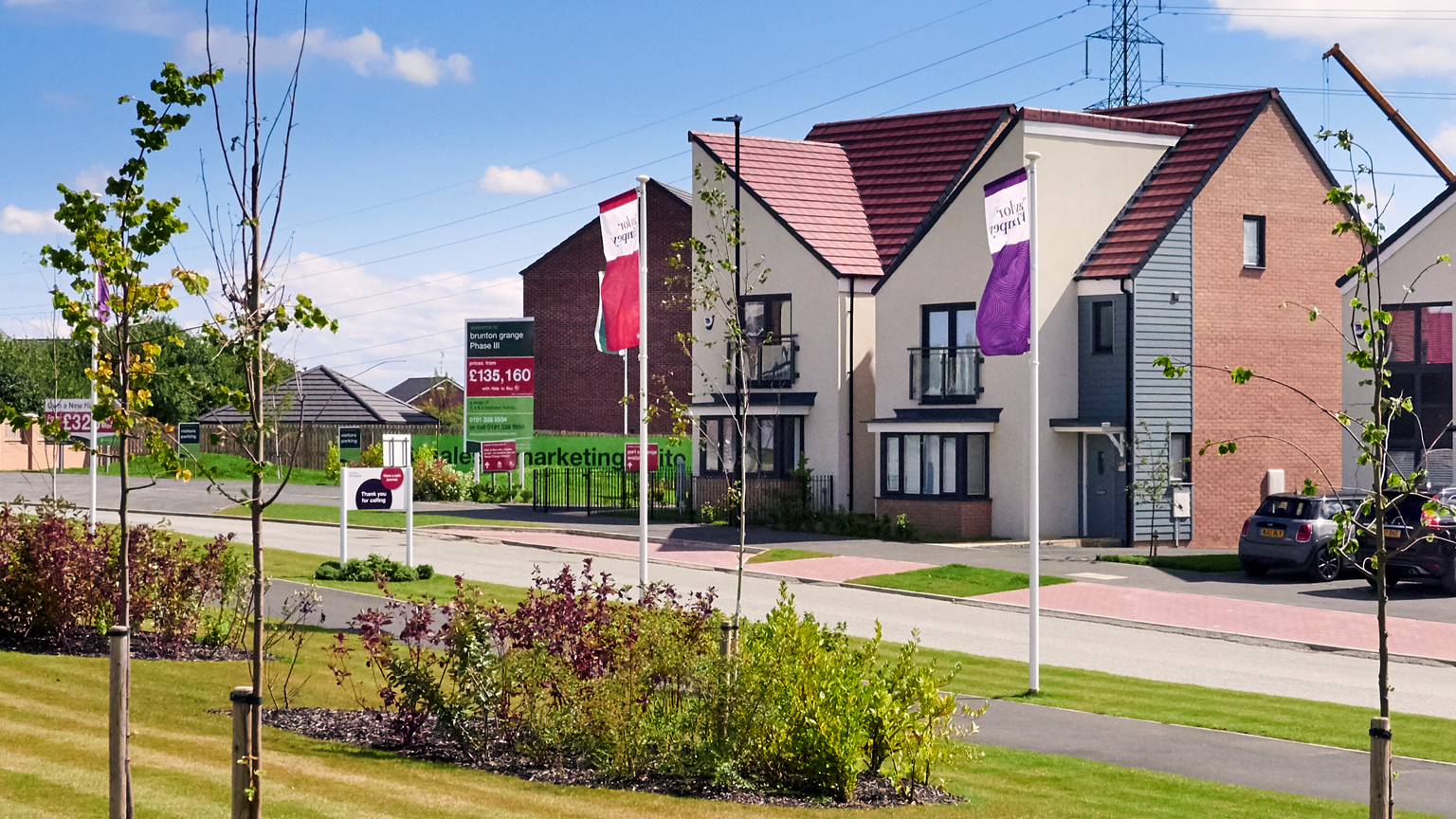Labour Government Plans to End Leasehold for New Flats
The Labour Government has announced plans to ban the sale of new leasehold flats in England and Wales, replacing them with a commonhold ownership structure. If passed into law, this change would mean that future flat buyers will own their property outright, rather than leasing it for a set period and paying service charges and ground rent to a freeholder1.
Housing Minister Matthew Pennycook has described the leasehold system as “feudal” and said the reforms aim to stop homeowners from being subject to unfair charges and restrictions1. However, concerns remain over how this change will affect the five million existing leaseholders and whether transitioning to commonhold will impact property values.
What is Commonhold?
Commonhold is a form of flat ownership where each property owner shares responsibility for the building through a commonhold association, rather than having a separate freeholder. Unlike leasehold, there is no time limit on ownership, and flat owners manage maintenance and service charges collectively2.
The government aims to make commonhold the default tenure by 2029, with draft legislation expected in 2025. These rules will apply only to new flats, with no changes planned for existing leaseholders1.
The end of Leasehold?
Leasehold is currently the most common form of flat ownership in England and Wales, where a freeholder owns the building and leaseholders purchase the right to live in their property for a set term, often 99 or 125 years. Leaseholders typically pay service charges for maintenance and, in some cases, ground rent—though ground rent on new leases was banned in 20223.
Some leaseholders can buy the freehold of their building collectively, but this process can be expensive and complicated. Under commonhold, all flat owners would have equal control over their property without needing to pay for lease extensions or buy the freehold.
Potential Challenges
While commonhold gives flat owners greater control, it also requires them to work together to manage and fund building maintenance. Disputes over costs or repairs could make administration more complex, particularly in large apartment blocks.
There are also concerns about mortgage availability for commonhold properties, as lenders have been cautious about financing them. The government has pledged to address these issues before making commonhold the standard.
What about existing Leaseholders?
The proposed changes will not apply automatically to those who already own leasehold properties. Converting an existing leasehold building to commonhold is currently possible but rarely done due to the legal and financial complexities involved. The government is reviewing ways to simplify this process, though details are yet to be confirmed2.
For those with long lease terms and no ground rent, converting to commonhold may offer little benefit. However, separate leasehold reforms are set to improve rights for current leaseholders, including longer lease extensions and greater transparency around service charges.
Will Leasehold properties lose value?
With leasehold being phased out for new flats, some worry that existing leasehold properties may become less desirable. However, leasehold will still be the dominant form of ownership for many years, and any impact on property values is likely to be gradual rather than immediate.
Should you wait to buy?
For those considering buying a flat, waiting for commonhold may not be necessary. The transition is expected to take several years, and leasehold properties will still offer security—especially with upcoming reforms making it easier to extend leases and purchase freeholds.
Labour’s plan to phase out leasehold for new flats is a major housing reform, aiming to give homeowners more control and eliminate unfair charges. However, questions remain about how existing leaseholders will be affected and whether commonhold will be widely adopted. For now, leasehold remains the standard form of flat ownership, and buyers should consider all factors before making a decision.
Your home/property may be repossessed if you do not keep up repayments on your mortgage.
Sources
- GOV.UK (2025). Beginning of the end for the ‘feudal’ leasehold system Available at: https://www.gov.uk/government/news/beginning-of-the-end-for-the-feudal-leasehold-system [Accessed 14 Mar. 2025]
- GOV.UK (2025). Commonhold property. Available at: https://www.gov.uk/guidance/commonhold-property#overview [Accessed 14 Mar. 2025].
- GOV.UK (2022). Leasehold Reform (Ground Rent) Act 2022: Guidance for leaseholders, landlords and managing agents. Available at: https://www.gov.uk/government/publications/the-leasehold-reform-ground-rent-act-user-guidance/leasehold-reform-ground-rent-act-2022-guidance-for-leaseholders-landlords-and-managing-agents [Accessed 14 Mar. 2025].
Helping you to secure the right mortgage for you
Take a proactive approach
We can simplify the mortgage process for you and help secure you a great mortgage deal in the process.
Contact the team on 01565 874 246
Email: hello@malloryfinancial.co.uk

Totally recommend Mallory Financial…
I couldn’t recommend Mallory Financial enough. Jayne and colleagues were so helpful through the whole process of renewing our mortgage deal and worked hard to get us the best possible offer at the time. Always responded quickly to emails and kept us informed at all times. I will definitely be using their services again in the future.
Want to stay in the loop?
Subscribe to our free newsletter






